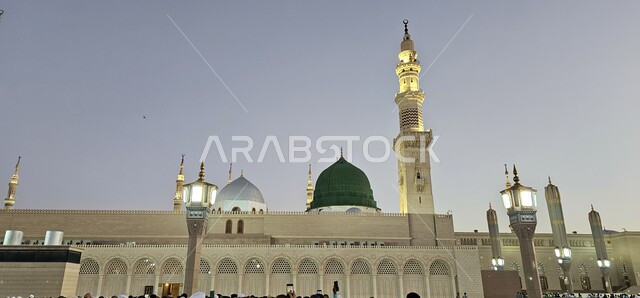Completing the book What is Islam? and following the previous blog. Existence must have a creator .
6/29/20252 min read


In addition to the realization that this existence must have
had a creator, one can also notice the equilibrium and balance that
exists throughout the universe. The order is so precise that it is
sometimes referred to as “the delicate balance of nature.” It is truly
amazing how everything works together—even within one’s own
body. Without such cooperation between the different organs of the
body, for example, there would be no possibility of continual life.
This observed phenomenon leads to a number of other important
conclusions.
First, the order and cooperation between the various
inanimate elements of the universe—which have not been trained or
taught—is a sign that they a re still under the control and regulation
of the creator. The different objects of this creation have no power,
ability or goal of their own, as otherwise they would most likely go
against the universal laws and order. They have only what has been
granted to them by the overall Creator and Master of all of the different component parts of the universe.
Their level of interworking
and cooperation is such that it points to their being all under
the authority of one Being, who must have both full knowledge and
complete power to sustain and guide them. If this were not the case,
only chaos could be rationally expected, especially given the large
number of atoms and other particles that make up everything that is
in the universe.
Second, there is a clear sign that the Creator and Master of
the Universe is one and only one—there cannot possibly be more than
one Creator of this balanced and unified cosmos. This follows from
the previous point. If there were more than one creator, each having a
will and power, then it would not be expected that the cosmos would
have the unity, balance and equilibrium that it currently exhibits.
This is known as “the argument of exclusion” and is an issue that has
been discussed by philosophers in detail in the past. For example, in
The Commentary on the Creed of at-Tahawi, one can find,
This argument [of exclusion] runs like this: If there
were two creators and they disagreed about
something, such as one wanted to move X whereas
the other did not want it to be moved, or one liked
to make Y a living being whereas the other liked to
make it lifeless, then, logically s peaking, there are
only three possibilities. First, the wills of the two
are both carried out; second, only the will of one of
them is carried out; third, the will of neither of
them is carried out. The first case is not possible
because it requires the existence of contraries. The
third possibility is also ruled out because it would
imply that a body is neither moving nor not moving
and this is impossible. This would also imply t hat
both of them are incapable of carrying out their
wills, which would disqualify them for being God.
Finally, if the will of one is realized and not of the
other, he alone will deserve to be God and the one whose will is not realized could not be considered
God.
See you in the next blog to complete the book.
Sources :-
A book for calling people to Islam in English is the book .
"What is Islam?" by Jamal Zarbouzo.